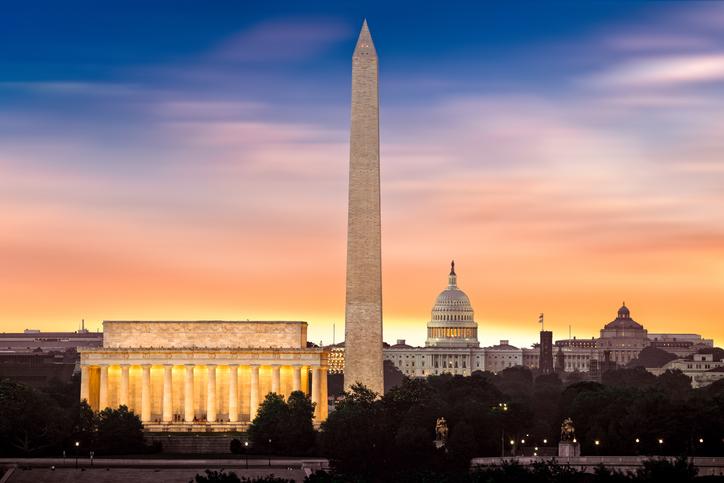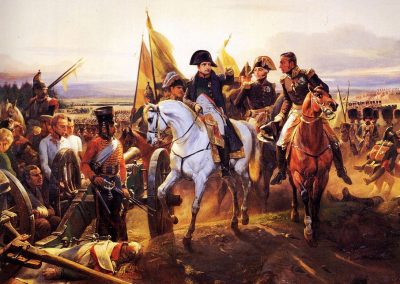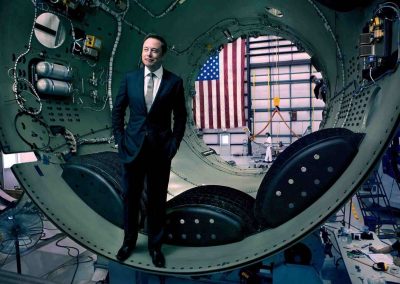
Cities and the Balance of Power
From my article published in City Journal.
National politics is always shaped by city politics. Cities like Washington, St. Petersburg, or Constantinople were built to convert political theory into practice. They were not simply architectural exhibits or geographic hotspots. Their founders knew that the position of these new cities could remake the balance of power.
Decentralized politics arise when countries have several prominent cities, each with a distinct elite and culture. Cities rather than states shape the character of federal governments in such countries, as in the U.S. or modern Germany. By contrast, in countries with one main city—for example, Japan (Tokyo), Russia (Moscow), or France (Paris)—national politics is typically centralized.
Great cities are the command centers of elite classes. It is in these cities that history happens. Though a war may happen on a far-off frontier, and an explorer may voyage to an undiscovered country, the decision to deploy the army or the explorer is made in the city. The urban halls of power are where those capable of making such decisions meet, deliberate, and organize. Their citizens live together in proximity and organize their daily lives around such networks and opportunities.
In a time of quarantine for the white-collar class, it might seem odd to emphasize the vital role of colocation in shaping the politics of countries, but national politics often rely on details as trivial as which institutions share a building. When the Department of War and the Department of State shared what is today known as the Eisenhower Executive Office Building in Washington, it was much easier to carry out unified foreign policy than today, when their successors’ headquarters stand on opposite sides of the Potomac River.
The trivial task of walking down a hall and carrying out an informal conversation can save hundreds of man-hours of paperwork. The more physically integrated an organization is, the faster it can communicate with itself, and thus the faster it can respond to circumstances and succeed at whatever task it has set out to accomplish. Voice is a better carrier of information than a memo or email, and in-person communication is superior to a phone call. It’s easy to see why living in the right city, alongside the right people and organizations, is so valuable. The power of a city like Washington or New York is magnified many times beyond the sum of its parts. It is much more useful for Jeff Bezos to locate Amazon HQ2 near Washington than near Fort Lauderdale.
Read the rest here.




